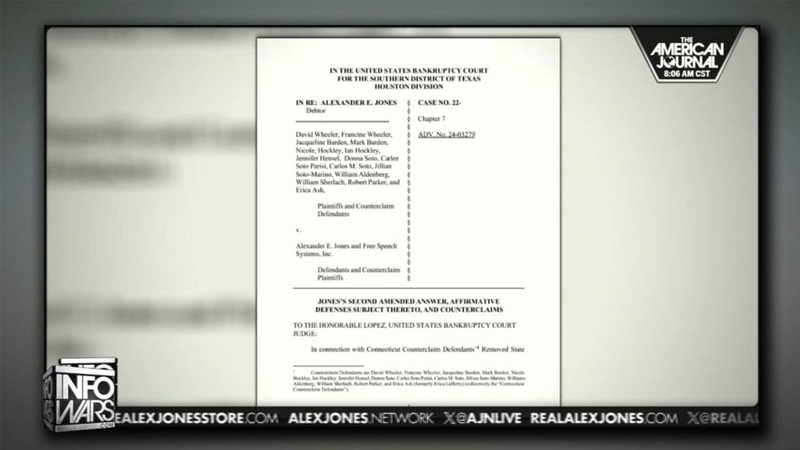
Trudeau government’s announcement delineates the terms of the Canada-EU Digital Partnership, which aims not only to institute digital credentials for Canadians but also to bolster cooperation in the field of artificial intelligence.
Canadian Prime Minister, Justin Trudeau, a proponent of centralized control, has finalized a controversial collaborative digital partnership with the European Union. This agreement exhibits full commitment to the introduction of a digital identity system in Canada and the government is pursuing it, in part, under the guise of fighting online “disinformation.”
The Trudeau government’s announcement delineates the terms of the Canada-EU Digital Partnership, which aims not only to institute digital credentials for Canadians but also to bolster cooperation in the field of artificial intelligence (AI).
The contentious partnership insists on a joint effort from Canada and the EU to bolster their respective bilateral and multilateral cooperation in forums like the G7 and the G20.
“The Digital Partnership will allow Canada and the EU to have a stronger common voice in multilateral fora, where appropriate, and bring jointly developed solutions to international partners and advance our joint strategic priorities,” the announcement states.
The G20, an influential conglomerate of the globe’s 19 major countries and the EU, has previously encouraged exploring the creation of “digital public infrastructure,” including potential digital identification systems and perhaps even a centralized digital currency.
This “digital public infrastructure” phrase is the same buzzword being used by the likes of The Gates Foundation and the UN, when it comes to pushing digital ID and payment systems.
Alarmingly for many Canadians that support the protection of civil liberties, Trudeau has demonstrated a seemingly unwavering allegiance to this digital ID agenda.
WATCH: Xi & The CCP Are Worried About Alex Jones’ “The Great Awakening”




